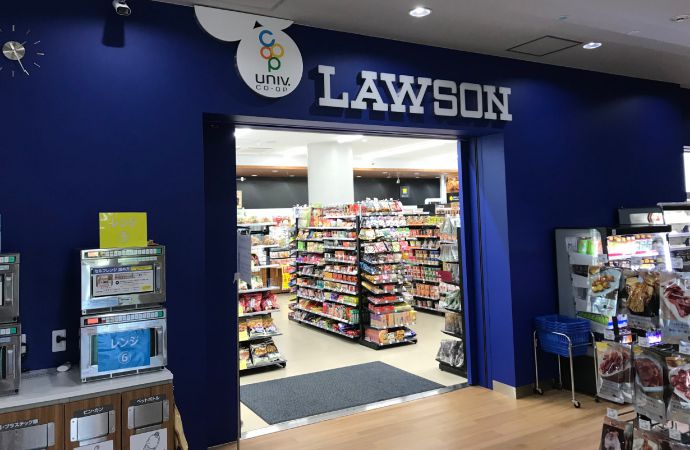Two German companies active in natural refrigeration have collaborated in developing a compact refrigeration unit for a German discount retailer. The integral unit uses propane for normal refrigeration, a heat pump for heating and CO2 for deep-freezing. More than 200 units are in operation today, showing that propane is already suitable for series production.

The compact refrigeration unit is designed to be cost efficient and environmentally friendly, producing the refrigeration needed to cool shelves, refrigerated counters, cold rooms, cold storage cells, and air-conditioning. Its also generates floor heating and integrates the electro-technical equipment for the whole store.
Integral unit for heating, cooling and refrigeration
The new system, developed by Futron GmbH in collaboration with the thermofin GmbH uses propane for refrigeration (130 kW) and a heat pump for heating (40 kW). The shelves, counters and cold rooms are indirectly cooled by the coolant propylene glycol. An optional CO2 cascade system supplies the freezing demand. An additional vaporizer circuit in the lamella blocks of the air-cooled condenser supplies the heat from the ambient air for the floor heating.
Propane has proven its energy-related benefits
Propane has energy-related and economic benefits compared to HFC refrigerants like R404a. Whilst it is largely used in systems with very low filling capacities, below 150g, such as in plug-in deep freezers, scientific studies have proven that that for applications with higher charges, such systems can be designed to carry lower risks than conventional gas heating systems. Due to the outside installation and emergency facilities that go beyond required measures, the propane cooling and heating unit developed by Futron is absolutely reliable and safe, and does not require any special permits to operate.
German discount retailer Lidl relies on integral units with propane
Since 2009 Lidl has focused on using sustainable building technology including high efficiency heating and cooling systems for its stores. In the integral units used by Lidl, the core part of the system, as well as the freezer cabinets uses the refrigerant propane.
Thanks in part to these integral units Lidl’s new generation of stores achieves remarkable savings:
- 100 per cent reduction in heating energy
- 30 per cent reduction in CO2 emissions
- 10 per cent decrease in electricity consumption
By the beginning of April 2012 Lidl had already opened 109 stores with these new integral units. The achieved annual savings, compared to conventional stores, correspond to the heating energy of 872 residential houses, the electricity consumption of 436 residential houses and the CO2-emissions of 3,270 passenger cars.
MORE INFORMATION
Related stories



